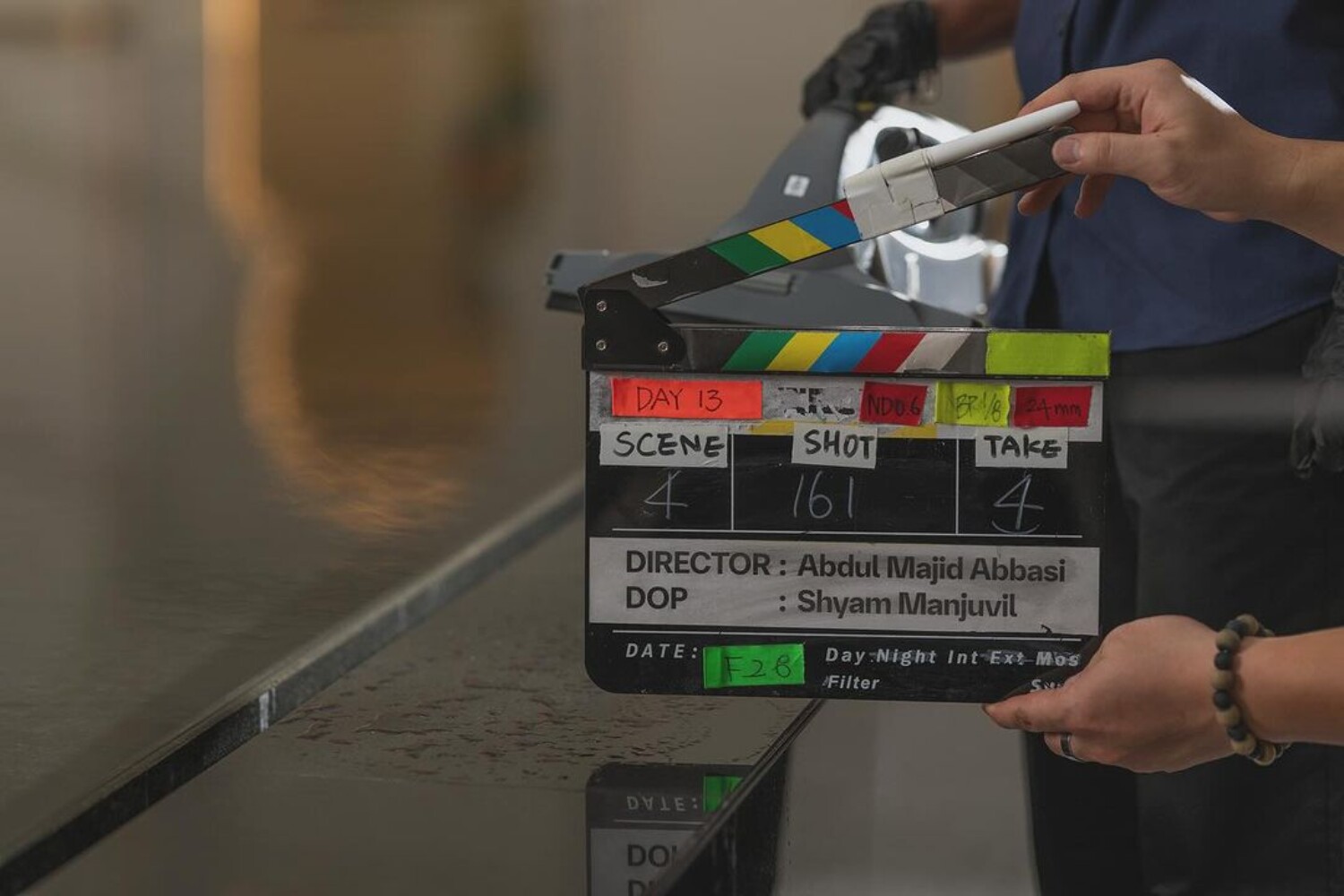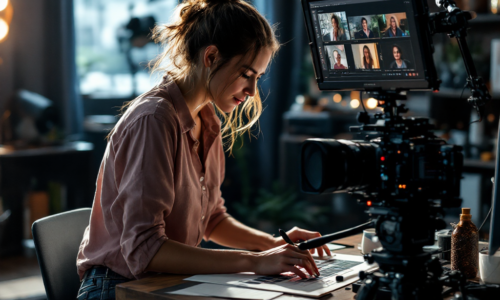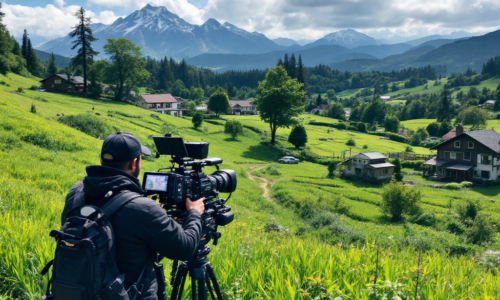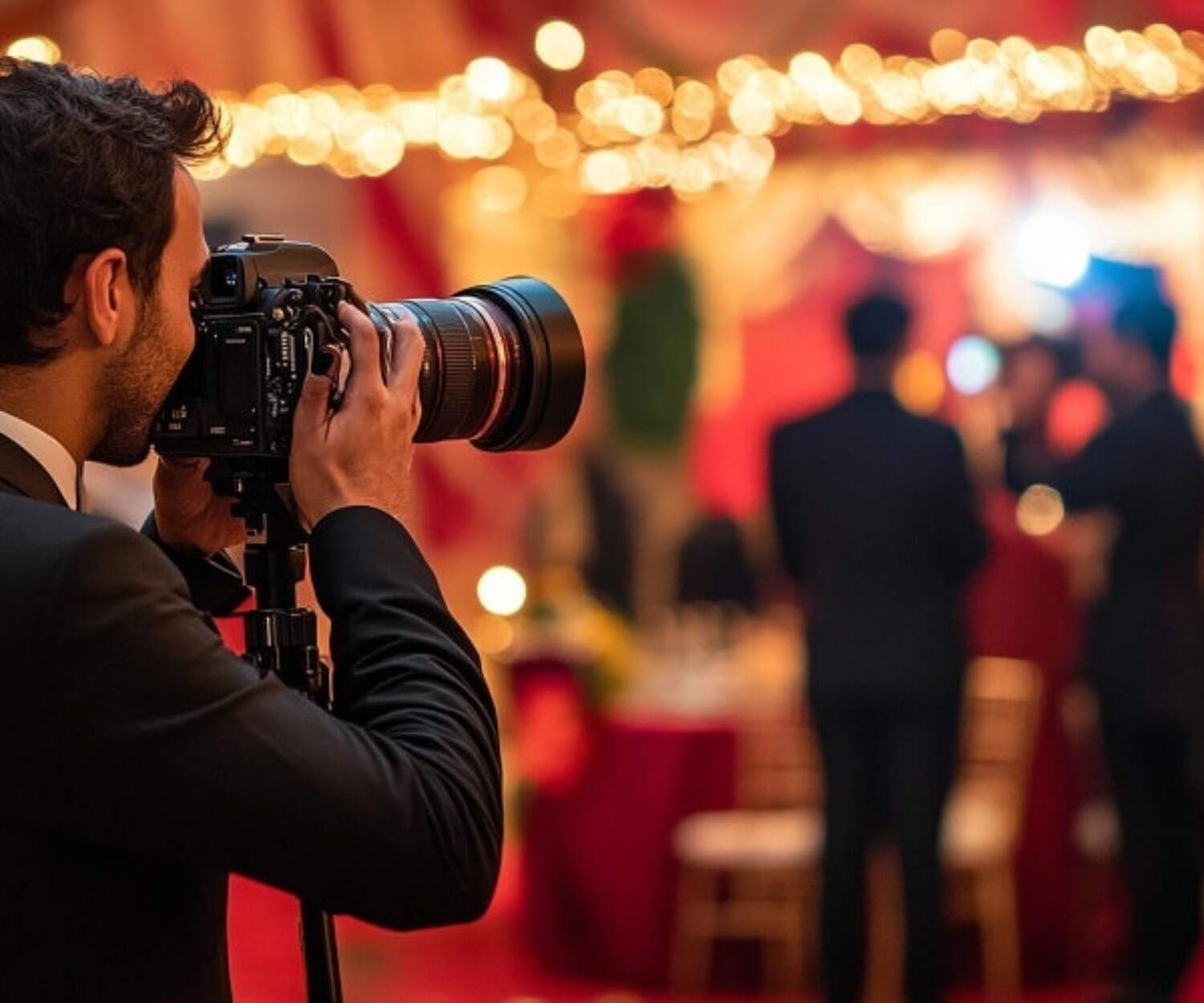Crafting Authentic Documentaries Balancing Objectivity with Storytelling
Learn how to craft an authentic documentary that balances objectivity with storytelling. Discover the importance of objectivity, the role of storytelling, and the power of authenticity in documentary filmmaking.
Documentary filmmaking is a delicate art that requires a deep understanding of the subject matter, the audience, and the storytelling process. Crafting an authentic documentary that balances objectivity with storytelling is a challenging task, but one that can lead to a powerful and engaging film.
The Importance of Objectivity in Documentary Filmmaking
Objectivity is a crucial element in documentary filmmaking. It allows the filmmaker to present a balanced view of the subject matter, without bias or prejudice. However, achieving objectivity can be difficult, especially when dealing with complex or sensitive topics.“The most important thing in documentary filmmaking is to be honest and transparent,” says documentary filmmaker, Laura Poitras. “You have to be willing to take risks and challenge your own assumptions.”
The Role of Storytelling in Documentary Filmmaking
Storytelling is a powerful tool in documentary filmmaking. It allows the filmmaker to engage the audience and convey complex information in a way that is easy to understand. However, storytelling can also be a double-edged sword. If not done carefully, it can lead to a biased or sensationalized portrayal of the subject matter. “The key to good storytelling is to find the emotional core of the story,” says documentary filmmaker, Alex Gibney. “You have to find the characters and the conflicts that drive the story forward.”
Balancing Objectivity with Storytelling
Balancing objectivity with storytelling is a delicate task. It requires the filmmaker to be aware of their own biases and assumptions, and to be willing to challenge them. It also requires a deep understanding of the subject matter and the audience. “The most important thing is to be honest and transparent,” says documentary filmmaker, Errol Morris. “You have to be willing to take risks and challenge your own assumptions.”
The Power of Authenticity in Documentary Filmmaking
Authenticity is a powerful tool in documentary filmmaking. It allows the filmmaker to create a film that is honest and transparent, and that engages the audience on a deep level. “The most important thing is to be authentic,” says documentary filmmaker, Albert Maysles. “You have to be true to the subject matter and to the audience.”
Crafting an authentic documentary that balances objectivity with storytelling is a challenging task, but one that can lead to a powerful and engaging film. It requires a deep understanding of the subject matter, the audience, and the storytelling process. It also requires a willingness to take risks and challenge one’s own assumptions. By being honest and transparent, and by finding the emotional core of the story, documentary filmmakers can create films that are both informative and engaging. And by being authentic, they can create films that are true to the subject matter and to the audience.









